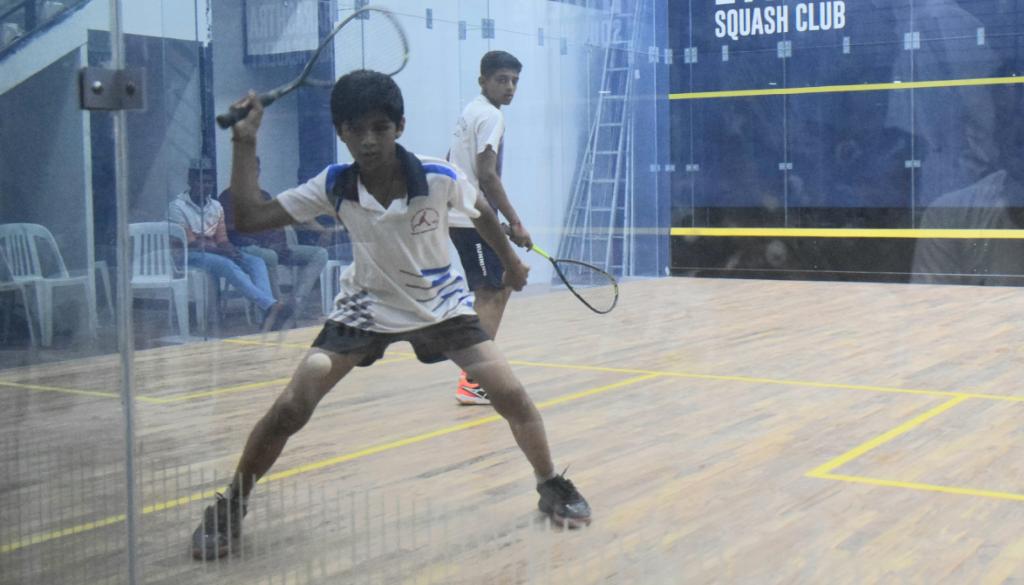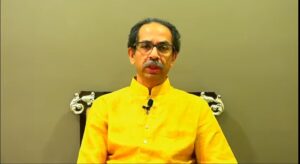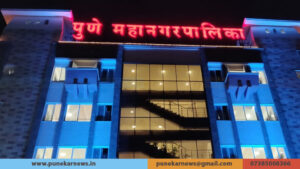Exploring the Growth and Development of Squash in Pune

Vineet Chopra
Pune, 16th February 2024: Pune, known as the cultural capital of Maharashtra, has not only been a hub for education and technology but has also witnessed the steady growth of sports culture in recent years. Among the various sports gaining popularity, squash has emerged as a significant contender, attracting enthusiasts and players alike. Let’s delve into the journey of squash in Pune and its development over the years.
Historical Roots: The history of squash in Pune can be traced back to the colonial era when British officers introduced the sport to India. Initially played in exclusive clubs and military establishments, squash gradually seeped into the mainstream sports scene of Pune, finding favor among sports aficionados and fitness enthusiasts. Even today one can see the roll of honor board of Squash tournaments at Pune Club Squash courts depicting names of winners from British Army.
Pioneering Initiatives: The establishment of squash courts in prominent sports clubs and institutions laid the foundation for the sport’s development in Pune. Institutions like the Deccan Gymkhana, PYC Hindu Gymkhana, and the Poona Club played pivotal roles in popularizing squash by providing state-of-the-art facilities and organizing tournaments.
Rise of Competitive Squash: The emergence of talented players from Pune, coupled with increased access to coaching and training facilities, fueled the growth of competitive squash in the city. Local tournaments, inter-club championships, and coaching camps provided platforms for aspiring players to showcase their skills and hone their talents.
National and International Recognition: Pune’s squash scene garnered national and international recognition with the rise of players who made a mark in various tournaments. Notable players like Saurav Ghosal, India’s top-ranked squash player, and Mahesh Mangaonkar, a rising star in the international squash circuit, hail from Pune, bringing laurels to the city and inspiring a new generation of squash enthusiasts.
Infrastructure Development: The proliferation of squash courts in schools, colleges, and residential complexes contributed significantly to the sport’s accessibility and popularity in Pune. Additionally, the renovation and modernization of existing facilities, along with the construction of new squash academies, have further bolstered the city’s squash ecosystem.
Community Engagement and Grassroots Development: Community initiatives, such as squash clinics, workshops, and outreach programs, have been instrumental in fostering grassroots development and nurturing young talent. These initiatives aim to democratize access to squash by reaching out to underprivileged communities and promoting the sport as a means of holistic development.
Future Prospects: Looking ahead, Pune’s squash landscape appears poised for continued growth and success. With increasing participation, infrastructure expansion, and concerted efforts to promote the sport at the grassroots level, Pune is well-positioned to emerge as a prominent hub for squash not only in India but on the global stage.
Conclusion: The journey of squash in Pune reflects the city’s vibrant sports culture and its commitment to nurturing talent and fostering excellence. From its humble beginnings to its current stature, squash has traversed a remarkable trajectory, owing to the collective efforts of players, coaches, institutions, and the community at large. As Pune continues to embrace squash with enthusiasm and passion, the future holds promising prospects for the sport and its practitioners in the city.








